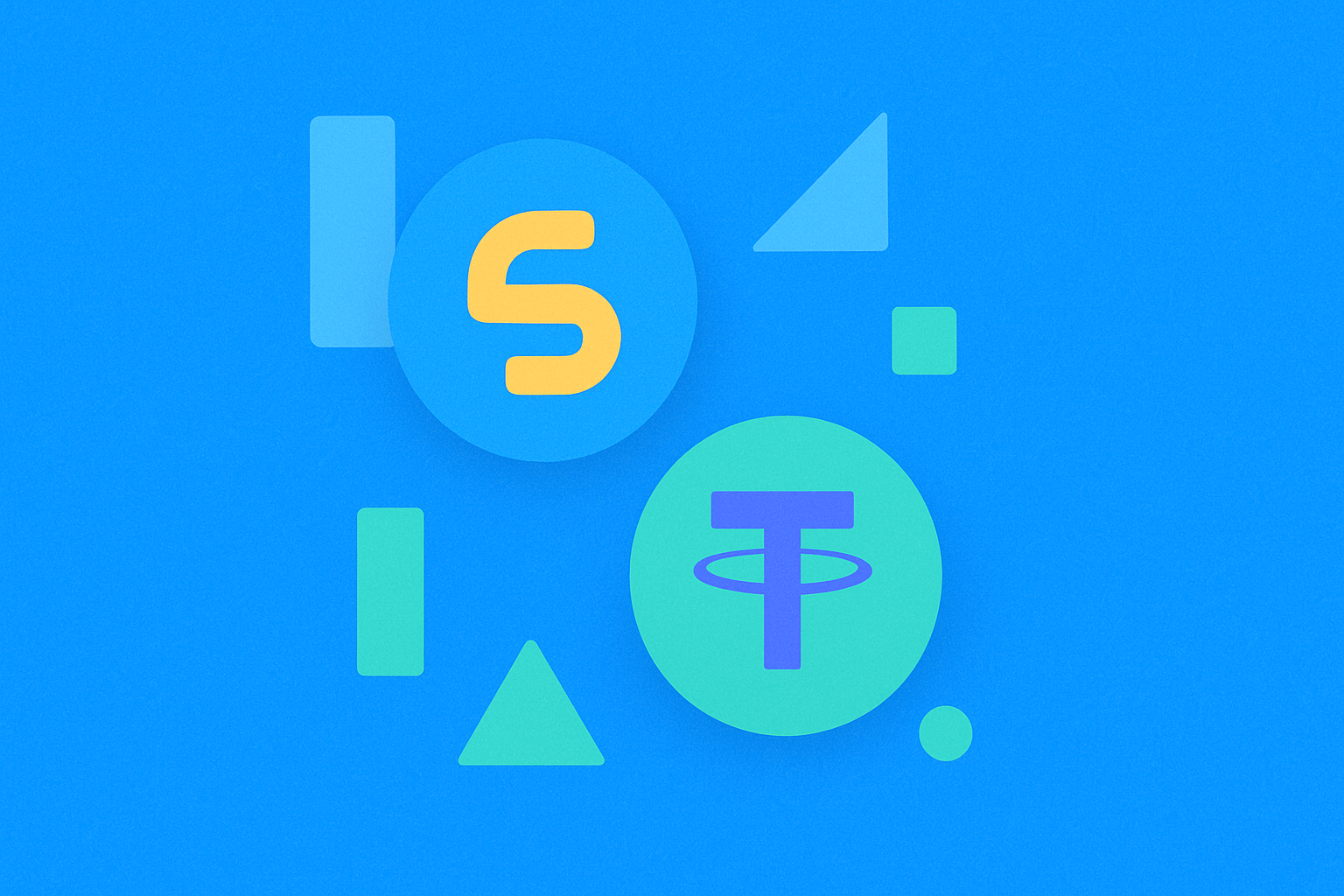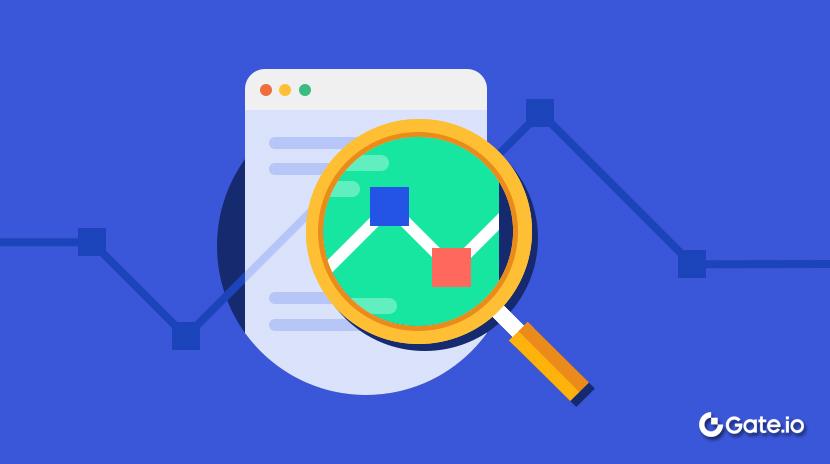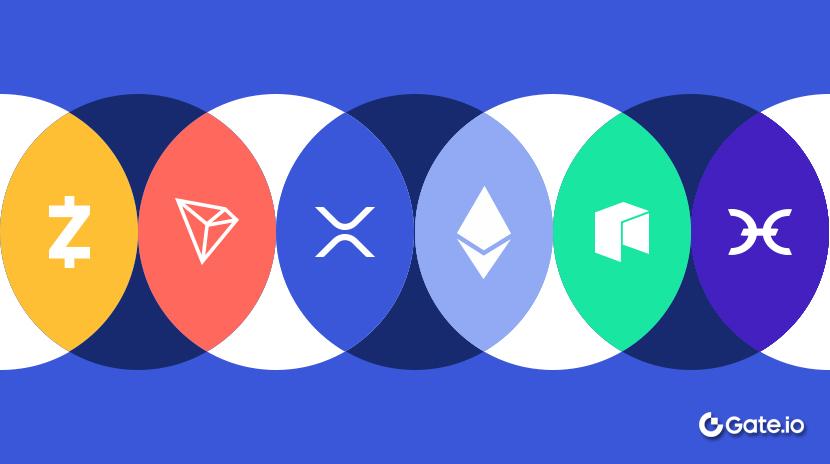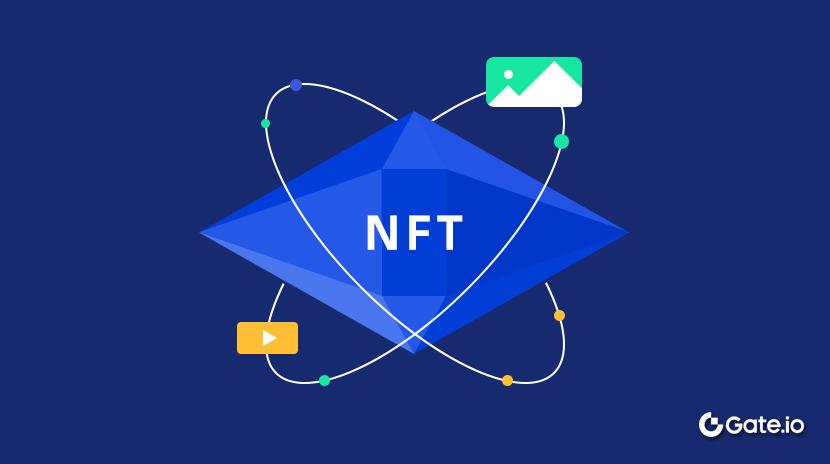初始游戏发行

初始游戏发行(InitialGameOffering)是什么意思?
初始游戏发行是链游早期募资与发售份额的机制。
它常缩写为IGO,项目方在游戏正式上线前,通过交易所或发行平台向早期支持者募集资金,并发放游戏相关的代币或NFT。平台会公布时间表与规则,参与者按规则认购,之后在代币生成事件(TGE)后逐步解锁并可交易。相比普通代币发行,IGO更强调游戏内可用性与玩家社区。
为什么要了解初始游戏发行?
它提供了更早接触优质链游的机会,也带来不小的风险。
早期参与者可能获得稀缺道具或代币的初始份额,游戏上线后这些资产可用于加速角色成长或参与经济系统。发行平台通常设置认购上限与分配算法,降低单个大户的碾压。但价格波动很大,若游戏质量或持续运营不达预期,代币与NFT可能大幅回撤。
对普通用户,了解IGO能帮助判断是否值得参与:看团队履历、玩法创新、经济模型与解锁安排。对开发者,IGO可以在发行前聚合玩家与资金,并验证市场需求,减少盲目开服的风险。
初始游戏发行是怎么运作的?
总体流程是项目报名、平台审核、用户认购、TGE与解锁、交易与履约。
项目端会向发行平台(也叫Launchpad)提交资料,包含玩法演示、代币分配、资金用途与时间线。平台完成尽调后,公布认购细则与日程。
用户端通常需完成账户认证(KYC,即身份合规审核)、满足持仓或任务要求,然后在认购期内提交资金。持仓快照是平台在指定时间记录你账户的资产,用来计算分配资格与额度。认购结束后,平台按比例分配,TGE时发放可交易的首批代币或NFT,其余部分按锁仓与解锁规则分期发放(类似分期收货)。
TGE后,代币会在交易所或去中心化交易所挂牌,项目方与社区为其提供初始流动性,NFT则在指定市场开放交易或铸造。后续还会根据里程碑(如版本更新、日活达成)触发新的解锁批次。
初始游戏发行在加密世界里通常有哪些表现?
它在交易所、DeFi与NFT市场三个场景里最常见。
在交易所场景,例如Gate的发行活动板块,项目会公布认购币种(常见USDT或平台币)、时间与分配方式。用户完成KYC与资产准备后参加认购,TGE当天代币在Gate挂牌,随即出现价格与成交量的快速变化。
在DeFi场景,项目团队会为代币在去中心化交易所提供流动性池,用户可用代币与稳定币配对做市,赚取手续费或挖矿奖励。这会影响价格稳定性与滑点,尤其在解锁批次到来时。
在NFT场景,很多IGO会把“游戏通行证”“英雄角色”或“装备”以NFT形式发放。持有者往往享有测试资格、空投或内测白名单,使早期玩家更快进入游戏生态。
怎么购买初始游戏发行?
先确认平台与规则,再准备资格与资金。
第一步:查看公告。进入交易所或发行平台活动页,阅读项目介绍、认购时间、币种、分配公式、锁仓与解锁安排。
第二步:完成KYC与账号安全。按照平台要求完成身份审核,开启两步验证,避免认购与提币环节出问题。
第三步:准备资产。提前充值或购买指定认购币种(如USDT或平台币),并留出手续费与流动性备用金。
第四步:满足资格。若有持仓快照或任务(如持有平台币达到某额度、参与社区任务),在截止前完成并确认资格可见。
第五步:参与认购。到时间窗口提交认购金额,注意是否采用“按比例分配”或“先到先得”,避免错过时段。
第六步:领取与管理。TGE后在平台的“资产/活动”页领取已解锁份额,未解锁部分按节奏发放。设置价格提醒与风控计划。
第七步:交易与复盘。代币挂牌后,依据个人计划分批卖出或继续持有;若发放NFT,及时绑定游戏账号、测试与反馈。
初始游戏发行最近有哪些趋势或数据值得关注?
今年IGO呈现“规模稳步回升、解锁更谨慎、以玩法为先”的特点。
近一年,多数平台把单场募集规模控制在50万至300万美元区间,以降低过度筹资带来的抛压;2025年Q3公开平台数据与市场观察显示,平均锁仓期由过去的3-6个月拉长到6-9个月,按里程碑解锁的项目占比提升,意在匹配开发进度与用户留存。
从参与热度看,今年主打高留存的链游赛道更受关注,近半年多款项目在TGE当天的成交量冲高后回落,日均成交趋于平稳,认购倍率常见在3-8倍区间,平台为避免极端波动,增加了“分段认购”与“价格稳定基金”等安排。
作为背景,2024年全年链游相关融资维持在十亿美元级别,进入今年呈恢复与分化并存:拥有成熟IP与跨平台发行计划的项目在认购中更受追捧,而缺乏玩法创新的项目即便完成募资,二级市场表现也偏弱。
初始游戏发行和初始代币发行有什么区别?
两者都在早期募资,但面向的产品与交付物不同。
初始代币发行(常见ICO/IDO)更偏向“通用代币”的筹资与发行,参与者获取可流通的项目代币为主;初始游戏发行除了代币,还会发放与游戏直接相关的NFT或权限,强调可玩性与内测资格,发行节奏更贴合开发路线。
在参与条件上,IGO更常见持仓快照与玩家任务,目的是选出真正的潜在用户,并减少纯投机资金;在解锁安排上,IGO普遍采用更长锁仓与里程碑解锁,以控制上线初期的抛压。风险方面,IGO高度依赖游戏的持续运营能力,若玩法与经济循环无法留住玩家,资产价值承压会更直接。
相关术语
- 初始游戏发行(IGO):游戏项目通过代币发行方式进行融资的机制,投资者可获得游戏内治理或收益权。
- 游戏代币:游戏生态中的原生数字资产,用于游戏内交易、质押、治理等多种功能。
- Play-to-Earn:玩家通过游戏活动获得加密资产奖励的经济模式,实现游戏价值变现。
- 智能合约:自动执行的区块链程序,确保游戏规则透明、奖励分配公平且不可篡改。
- NFT:游戏内唯一的数字资产凭证,代表游戏角色、装备等虚拟物品的所有权。
FAQ
参加初始游戏发行有什么风险需要注意?
初始游戏发行的主要风险包括项目方跑路、游戏开发失败或延期、代币价格波动等。建议先深入了解项目团队背景和技术方案,只投入能承受损失的金额,避免在FOMO心理下盲目跟风。选择在Gate等知名平台参与会相对安全一些。
初始游戏发行的代币通常能在哪里交易?
初始游戏发行完成后,项目代币一般会上线主流交易所(如Gate、币安等)进行公开交易。上线交易所前通常有锁定期,投资者需要等待该期限结束才能自由转账和交易。建议关注项目官方公告了解具体上线时间和解锁计划。
普通投资者如何评估一个初始游戏发行项目是否值得参与?
可以从几个维度评估:查看开发团队是否有知名游戏开发经验、游戏白皮书和技术方案是否完整、社区热度和讨论是否活跃、融资额度是否合理。同时对比类似项目的表现,在Gate等平台查看项目的历史融资信息和社区评价,综合判断后再决定是否参与。
初始游戏发行和传统游戏发行主要有什么不同?
传统游戏发行通常由出版商主导融资和发行,玩家无法直接参与融资。而初始游戏发行让普通投资者能购买代币参与项目融资,获得游戏治理权和收益权。初始游戏发行更透明、参与门槛更低,但项目风险也更高,需要谨慎甄别。
参与初始游戏发行后,代币除了交易还有其他用途吗?
代币通常具有多重用途:可用于游戏内购买虚拟资产或道具、参与游戏治理投票、获得平台收益分红等。具体功能取决于项目设计,建议阅读项目白皮书了解代币经济模型。Gate上的很多初始游戏发行项目都有详细的代币用途说明。
相关文章


什么是山寨币
